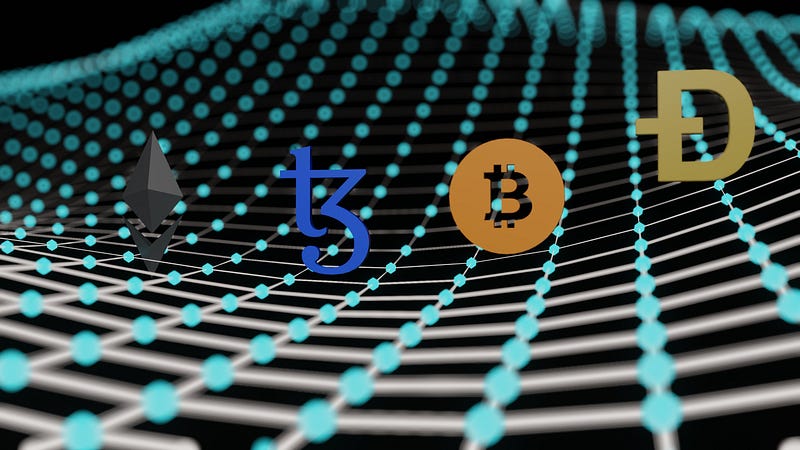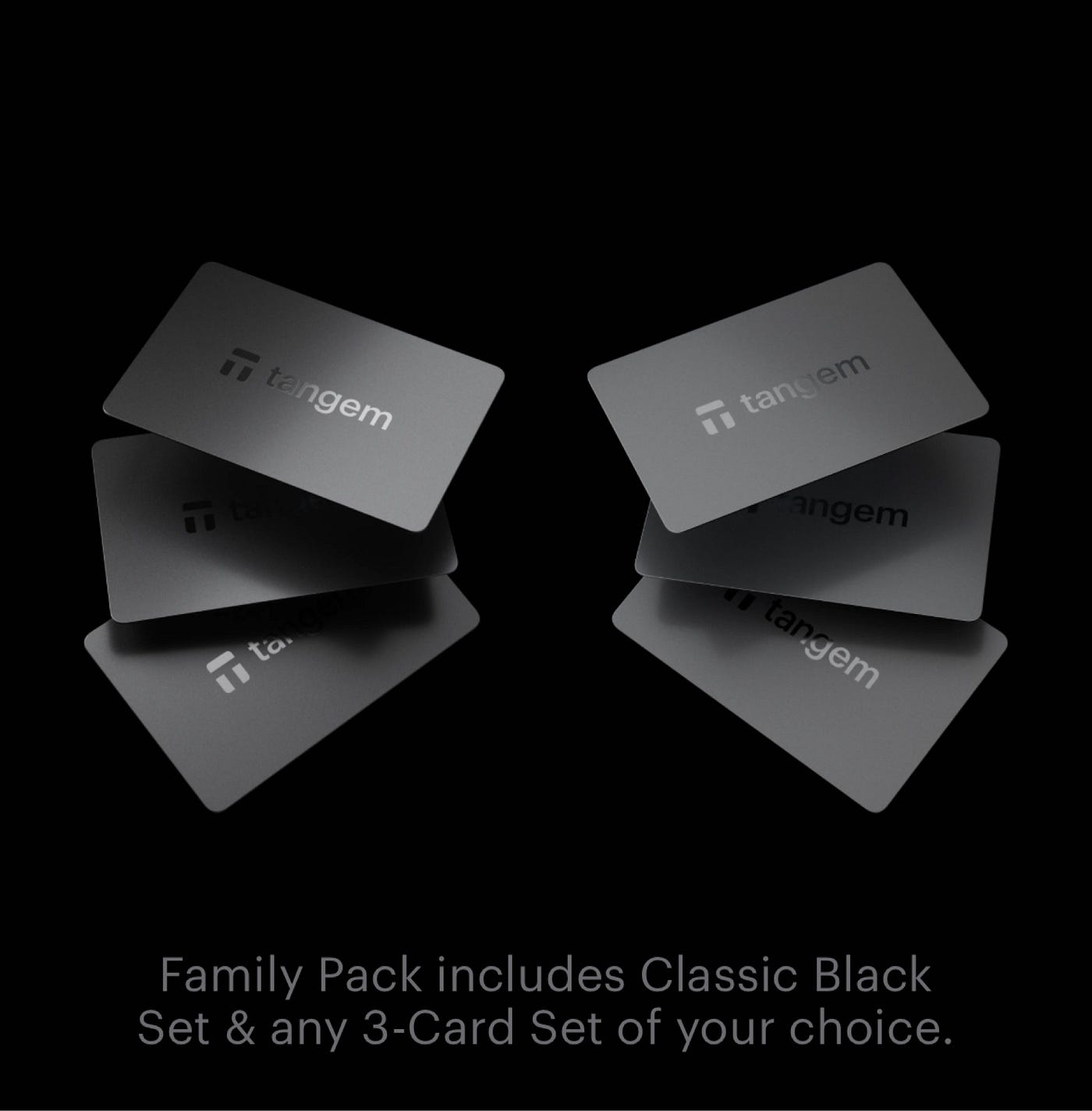The world of education is evolving rapidly,
and with the advent of blockchain technology, new possibilities are emerging to
empower learners and institutions alike. In this in-depth exploration, we’ll
delve into the various ways blockchain is transforming the education sector,
from streamlining administrative processes to providing greater control
over personal data.
Understanding Blockchain: A Brief
Overview
What is Blockchain?
Blockchain is a decentralized, digital
ledger that stores data in a secure and transparent manner. It consists of a
series of blocks that are linked together using cryptography, making it
virtually tamper-proof and ensuring the integrity of the information stored
within.
How does Blockchain work?
Each block in the chain contains a set of
transactions, and whenever a new transaction is added, it must be verified by a
network of computers. Once verified, the transaction is added to the latest
block, and the blockchain is updated. This decentralized verification
process ensures the security and trustworthiness of the data stored in the
blockchain.
Blockchain in Education: Unlocking New
Potential
Streamlining Administrative Processes
One of the key ways blockchain can
transform the education sector is by streamlining administrative processes. By
storing records such as transcripts, diplomas, and certificates on a
blockchain, educational institutions can significantly reduce the time and
effort required to verify and share these documents.
Enhancing Data Security and Privacy
Data breaches and privacy concerns are
becoming increasingly prevalent in today’s digital world. Blockchain
technology can help address these issues by providing a secure and
transparent platform for storing and sharing sensitive information. With blockchain,
learners can have greater control over their personal data, deciding who gets
access to their records and when.
Democratizing Access to Education
Global Credential Verification
One of the challenges faced by learners and
institutions alike is the verification of credentials across borders.
Blockchain technology can help to democratize access to education by providing
a global platform for credential verification. This can facilitate the
recognition of qualifications and make it easier for learners to pursue
educational opportunities in different countries.
Expanding Access to Learning
Resources
Blockchain can also help to expand access
to learning resources for students around the world. By leveraging
blockchain-based platforms, educational content and resources can be
shared securely and transparently, making it easier for learners to access
high-quality materials regardless of their location.
Personalized Learning and Skill
Development
Tailoring Education to Individual Needs
Traditional education models often struggle
to cater to the diverse needs of learners. Blockchain technology can help to
enable personalized learning experiences by securely storing data on
individual learning preferences, progress, and achievements. This information
can be used to tailor educational content and assessment methods to
better suit each learner’s unique needs.
Tracking and Recognizing Skill
Development
As the job market continues to
evolve, the need for lifelong learning and skill development is more
important than ever. Blockchain can provide a secure and transparent platform
for tracking skill development and recognizing achievements, enabling
learners to showcase their skills and competencies to potential employers.
Overcoming Challenges: The
Road Ahead for Blockchain in Education
Scalability and Interoperability Issues
For blockchain to revolutionize the
education sector, it must overcome challenges related to scalability and
interoperability. As more institutions adopt blockchain technology, the need
for compatible systems that can communicate with one another will become
increasingly important.
Regulatory and Legal Considerations
As with any emerging technology, blockchain
in education faces regulatory and legal hurdles. It is essential for
educational institutions and governments to work together to develop guidelines
and regulations that will foster the adoption and growth of blockchain
technology in the education sector.
Conclusion
Blockchain technology has the potential to
significantly transform the education sector for the better, providing enhanced
data security, streamlined administrative processes, and personalized
learning experiences. By overcoming challenges related to scalability,
interoperability, and regulation, blockchain can empower learners and institutions
to unlock new potential in the world of education.
Frequently Asked Questions (FAQs)
1. How can blockchain streamline
administrative processes in education?
By storing records such as transcripts,
diplomas, and certificates on a blockchain, educational institutions can
significantly reduce the time and effort required to verify and share these
documents.
2. How does blockchain enhance data
security and privacy in education?
Blockchain technology provides a secure and
transparent platform for storing and sharing sensitive information, giving
learners greater control over their personal data and ensuring the integrity of
the data stored within.
3. How can blockchain democratize access
to education?
Blockchain can facilitate global credential
verification and expand access to learning resources, making it easier for
learners to pursue educational opportunities in different countries and access
high-quality materials regardless of their location.
4. How can blockchain enable
personalized learning and skill development?
Blockchain technology can securely store
data on individual learning preferences, progress, and achievements,
enabling tailored educational content and assessment methods. It can
also provide a platform for tracking skill development and recognizing
achievements.
5. What challenges must be overcome for
blockchain to revolutionize the education sector?
Challenges related to scalability,
interoperability, and regulation must be addressed for blockchain to have a
transformative impact on the education sector.


